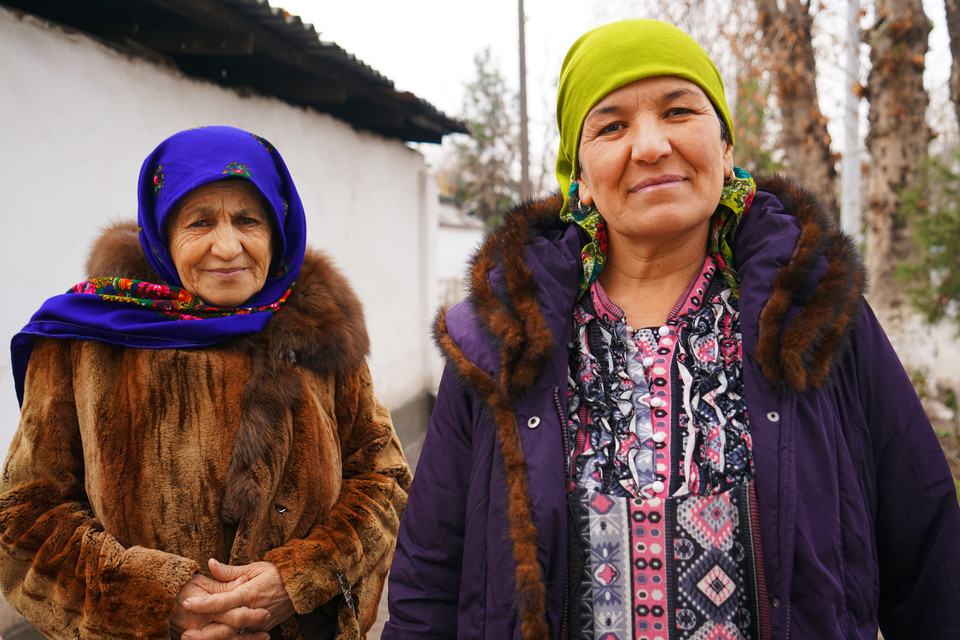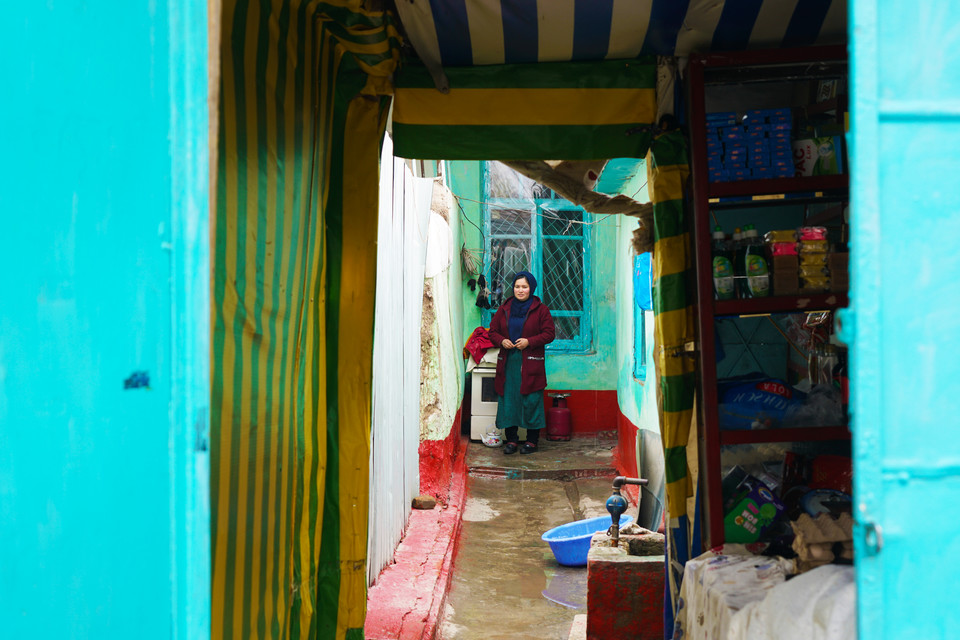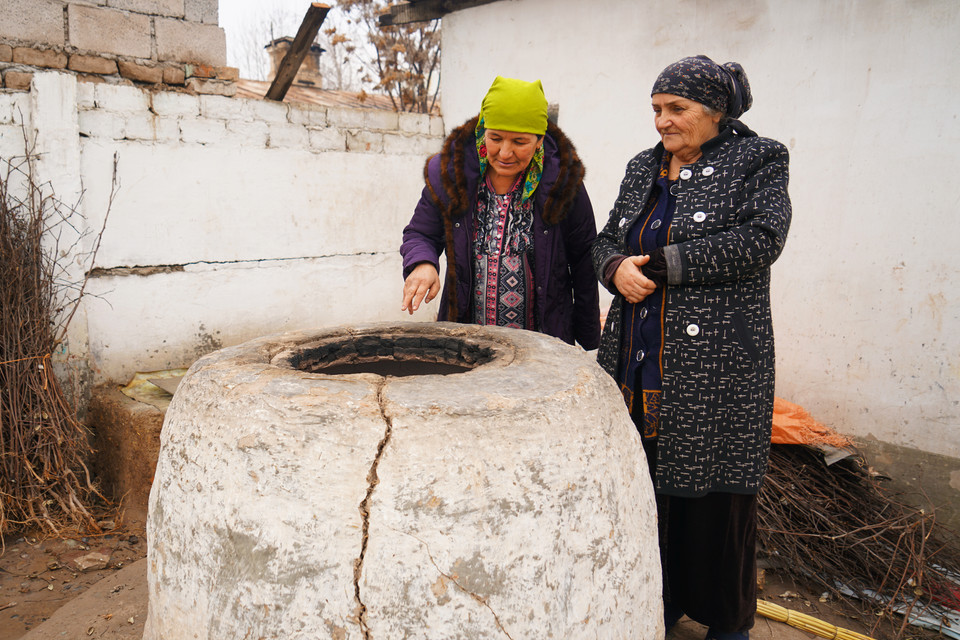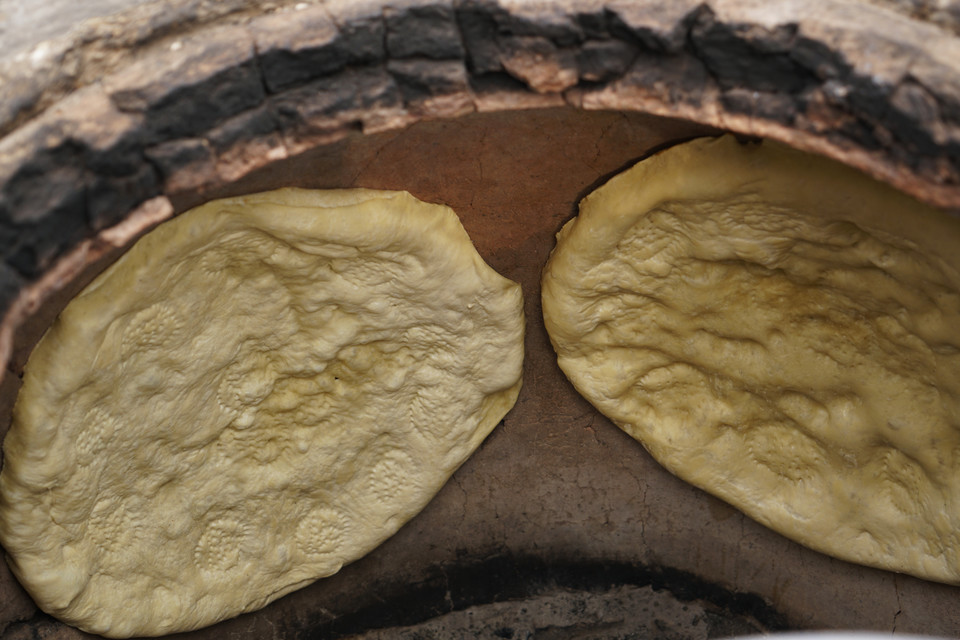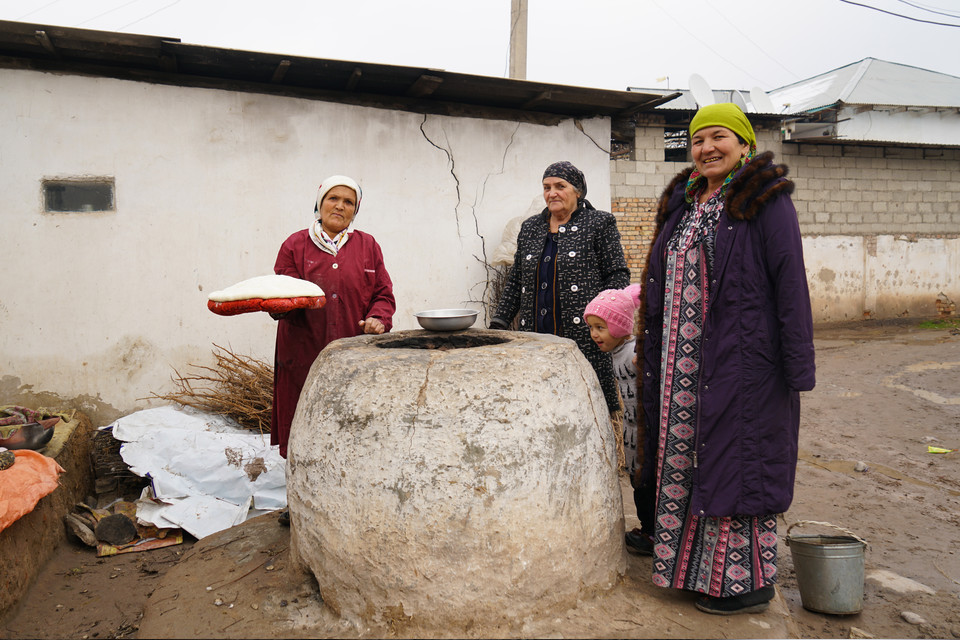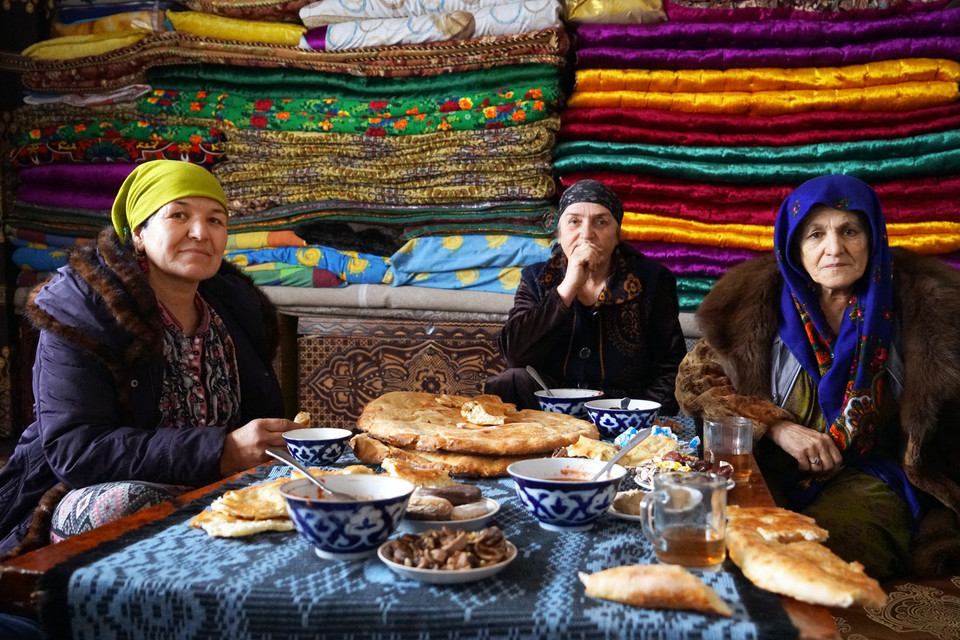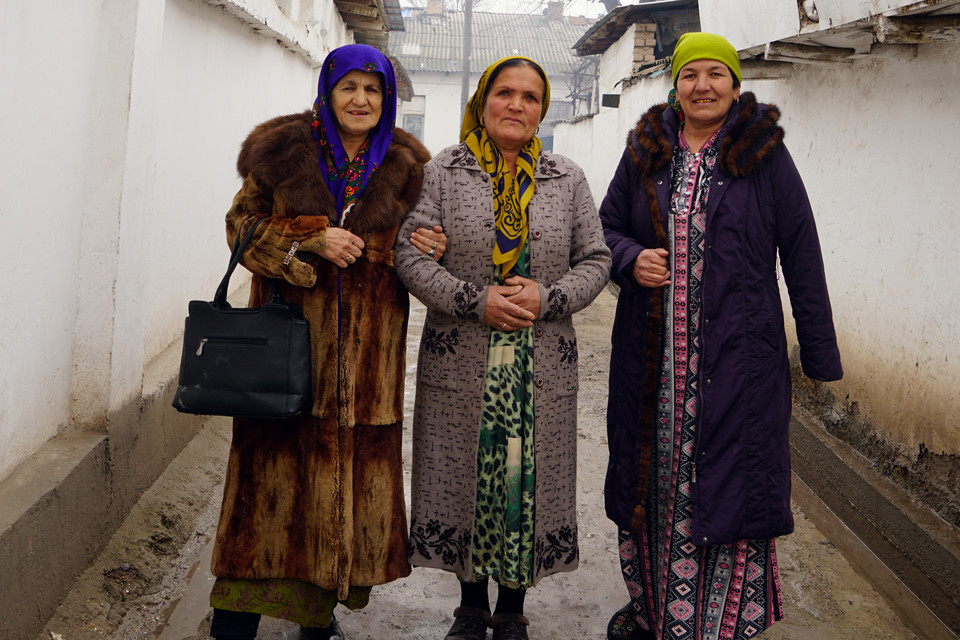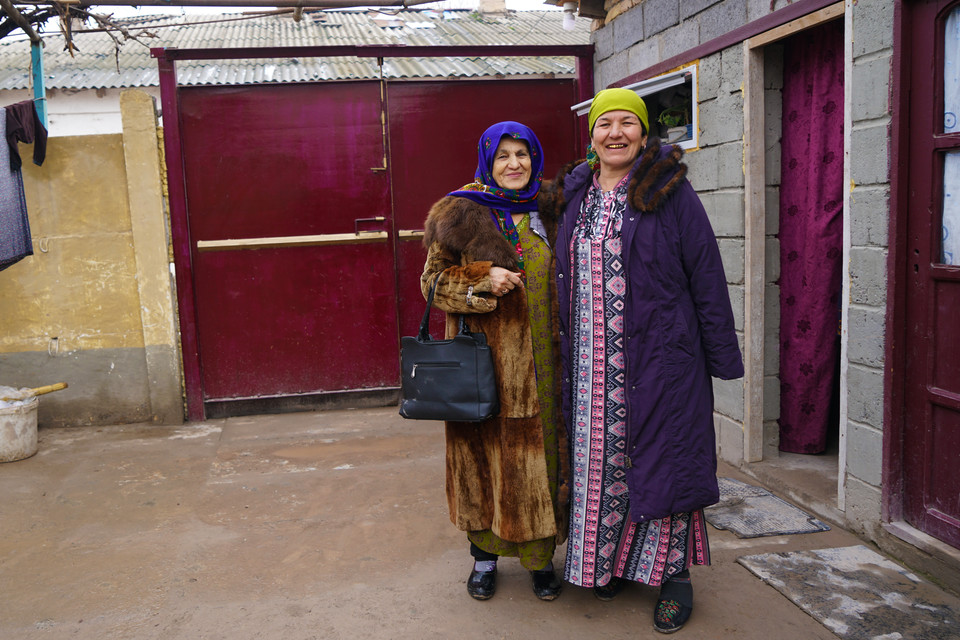Gulbahor Majidova: Overcoming loss with a determination to help others in Tajikistan
Date:

Gulbahor Majidova’s life has been full of losses. But she has not let that deter her from becoming an activist in her community and a leader in advancing the reform of the civil registration system in Tajikistan.
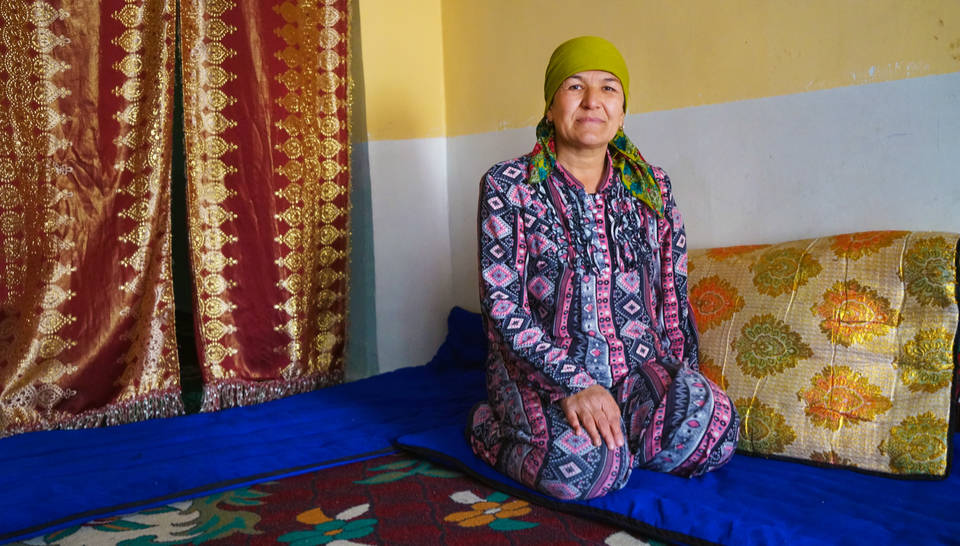
Gulbahor Majidova was born in the spring, so her parents chose a name that means “spring flower”. Not long after she finished high school, she married and eventually got a job producing cotton at a plant in the Vakhsh district, 100 kilometers south of the capital of Tajikistan.
“I operated the most complex machine on a belt conveyor and had to work very fast,” she recalls. “We called the machine Gin. It had seven buttons. One had to press them to stop the machine and pull out the cotton and then turn it back on.”
One day, she forgot to hit one of the buttons. And when she reached to pull the cotton out, one of the knives on the conveyor sprang to life, severing her left hand.
It was a loss that compounded the difficulties she was already facing. Her husband had already died early, leaving her to raise three children alone. After she lost her hand, her job was soon gone as well—and her home, which was tied to her employment.
“Many people helped to cope with my grief; my neighbours, doctors, colleagues and relatives,” Gulbahor recalls. Her son took the responsibility of providing for the family and Gulbahor took care of her grandchildren.
 Many people helped to cope with my grief; my neighbours, doctors, colleagues and relatives."
Many people helped to cope with my grief; my neighbours, doctors, colleagues and relatives."
— Gulbahor Majidova
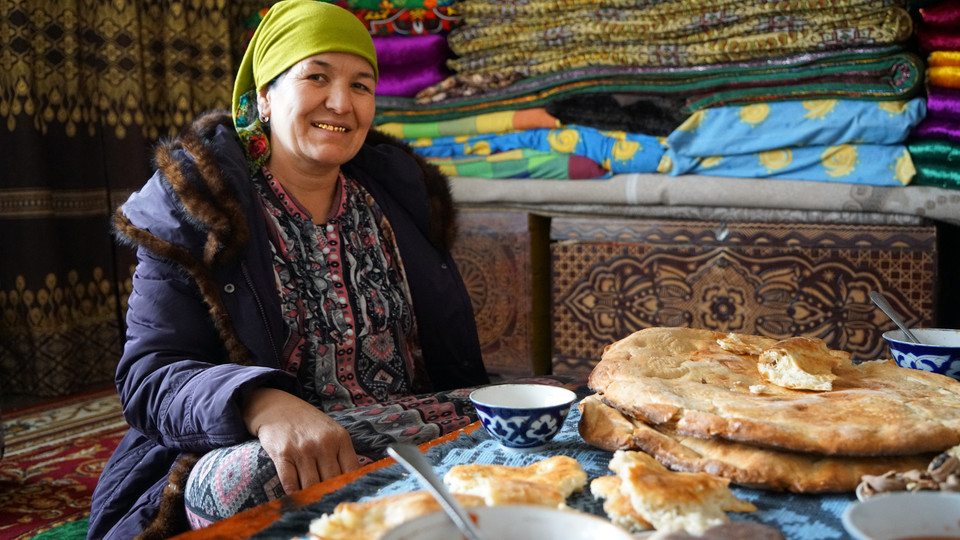
Once past her initial fear and desperation, she enrolled in a community leadership training programme in her hometown Bokhtar, quickly emerging as a diligent student. UN Women and UNDP conducted the training, with support from the Swiss Agency for Development and Cooperation, as part of Tajikistan’s reform of its civil registration system.
The reform caught many people, especially in rural communities, unprepared, not knowing their rights under the law or the protections that legal registration can bring. These run from women obtaining fair divorce settlements to children being able to enroll in school.
Soon Gulbahor was a skilled provider of vital information to rural people on civil registration, such as how, where and why they could formally register or dissolve a marriage, or file for a birth certificate.
Helping the community
Armed with new knowledge and equipped to share it, Gulbahor walked through eight communities, door to door, explaining what the civil registration office could do. In every house, she saw a personal story, dramatic at times.
“I met some women who were abondened by their husbands, who left for Russia. Those women managed to survive with difficulty, without money, no job and a whole bunch of kids. I told them that they can get an ID for their babies for free. I wrote a letter of reference for them to show at the civil registration office,” Gulbahor says.
She often saw families living with people with disabilities. She remembers, “once I came to a house, where a man with visual impairments lived with his two blind sons. But surprisingly, they had all the paperwork, and it was done right.”
A few people wouldn’t talk to her, but much more often she came across people who were grateful, who offered her tea or suggested that she sit down and relax for a bit in their home.
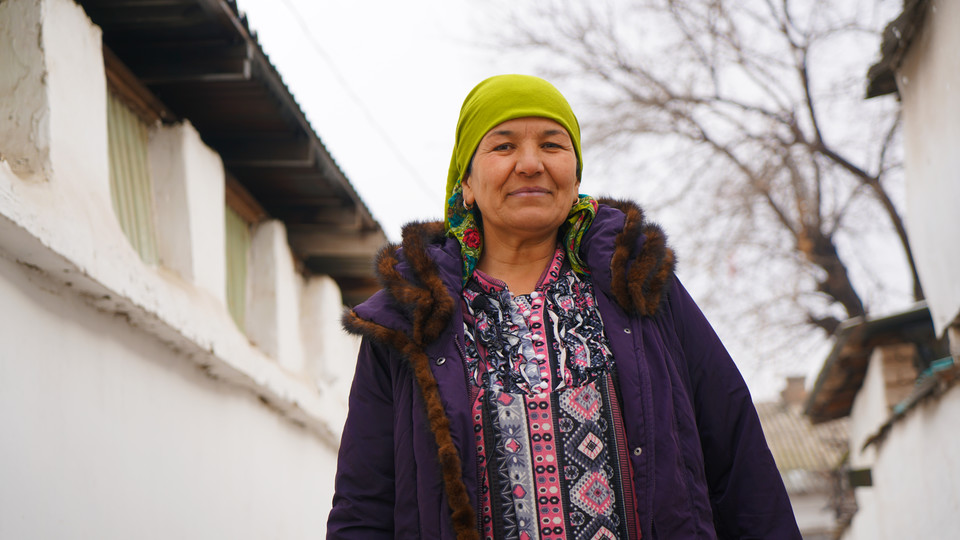
“Once a man recognized me at the open-air market, and he reported to me right away that he already got two birth certificates for his kids. He said thank you. When such things happen it makes me very proud,” Gulbahor shares.
People in her village have started respectfully calling her a teacher, the highest possible praise in her eyes. The journey has not been easy, but today she affirms that becoming a community advocate restored her belief in herself and her power. “Even though I don’t have a hand, I can help a lot of people,” she says.
Even though I don’t have a hand, I can help a lot of people.”
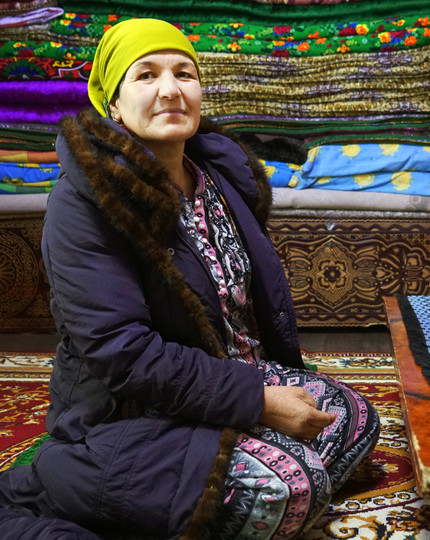
Keeping to her mission
After Gulbahor took all the necessary classes at the leadership training programme, she was elected to head the women’s committee in her local community.
While the public educational work related to the civil registration reforms is now over, and community consultants don’t walk from home to home anymore, Gulbahor still keeps to her mission, devoting many hours to giving legal consultations to people who need them. If she finds herself at a wedding or a birthday party, she gathers women around her to talk about the issues they face.
“My nephew’s wife has recently had a son. I keep reminding them to get a birth certificate. And my brother adds jokingly: hurry up, you know, Gulbahor is a stateswoman now, she can find you,” she laughs.
“My son often says at home, kidding, ‘Here’s your handbag, teacher!’ Also, he offers me a pencil; he gets me to smile this way. Because I went off to do my community work even when it was raining. My kids kept wondering why I was doing it because it’s so hard. ‘Never mind’, I answered, ‘I am strong’.”
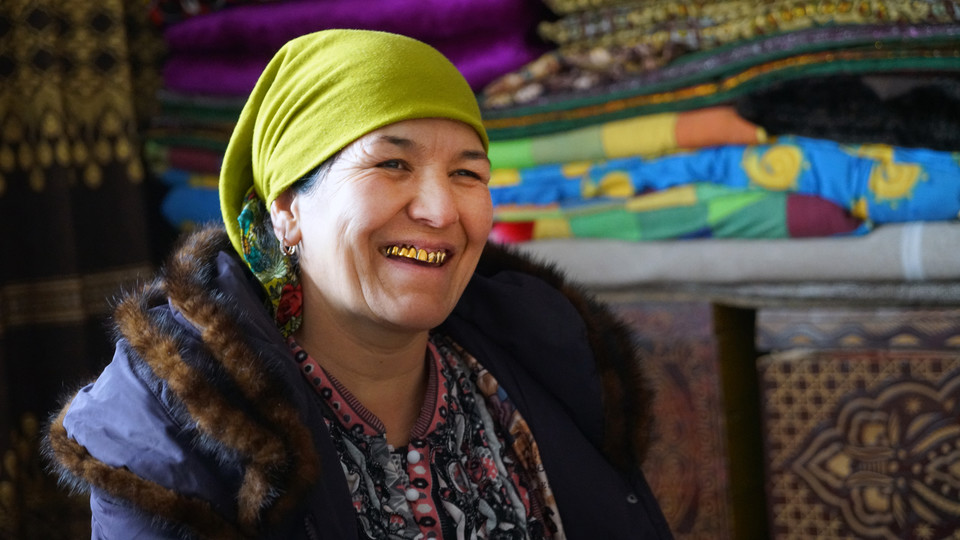
Her experiences have also convinced her that “people listen more to women. Women are more active, more flexible, more attentive.” This has led her to call for doing more to improve women’s knowledge of their rights and expand their legal consciousness.
“So that our rights are not violated, so that we know who to turn to. So that there’s peace in our country. So that we don’t worry about our kids and could make it so that they have a bright future,” Gulbahor says, now steadfast in her determination.
People listen more to women. Women are more active, more flexible, more attentive.”
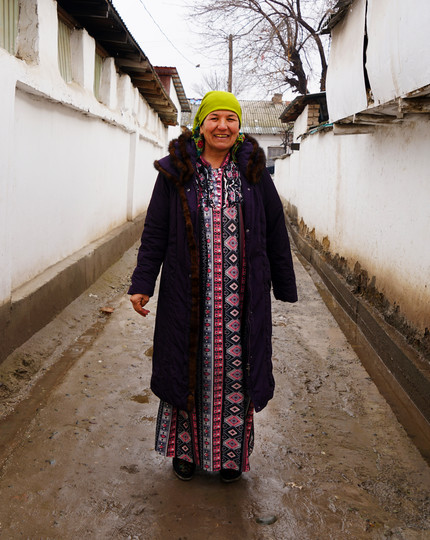
Let’s reimagine our world. Equality everywhere. How? Generation Equality has the answers! For the 25th anniversary of the Beijing Declaration and Platform for Action, we asked 25 women to probe still hidden issues and share inspiring ideas on getting transformation going, for good.
